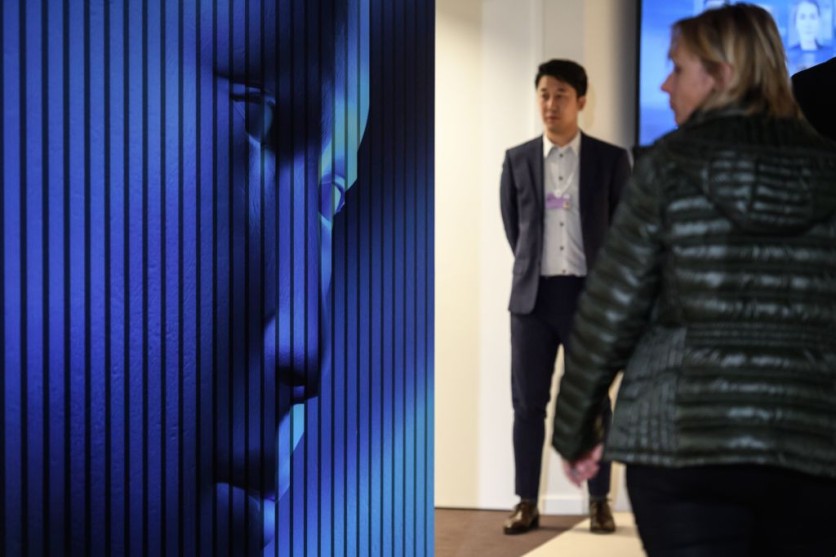In a recent criminal case emerging from a Maryland high school, authorities unveiled an incident involving deepfake technology, where a principal was depicted as racist through fabricated audio recordings, according to a report by AP.
This episode underscores the broader societal implications of the growing power of deepfake technology, urging heightened vigilance among individuals.

The Universal Vulnerability to Deepfake Attacks
Hany Farid, a digital forensics and misinformation expert at the University of California, Berkeley, explained to AP the universal vulnerability to such attacks, stressing that access to this technology has become increasingly accessible to virtually anyone with an internet connection.
The sophistication of generative AI enables the creation of hyper-realistic content, including images, videos, and audio clips. The proliferation of online services has significantly lowered the barrier to entry for leveraging this technology, making it readily available and affordable.
Farid highlighted the ease with which individuals can generate cloned speech from mere snippets of recorded audio extracted from sources like voicemails, social media posts, or covert recordings.
Machine learning algorithms capture the nuances of a person's voice, enabling the creation of convincing yet entirely fabricated speech generated from typed text.
Farid believes that this technology is poised to evolve further, particularly in the realm of video manipulation, posing heightened challenges for detection and mitigation.
Read Also : Deepfakes are Getting Harder to Identify But Scientists Suggest Using AI to Detect Real Signs of Life - Why?
Principal Gets Framed by Deepfake Audio
Authorities in Baltimore County revealed that Dazhon Darien, the athletic director at Pikesville High, was implicated in creating the deepfake recording impersonating Principal Eric Eiswert.
The fabricated audio contained offensive remarks, including racist and antisemitic comments, disseminated via email to select teachers before circulating on social media platforms.
According to the police, this fraudulent audio emerged following Eiswert's professional concerns regarding Darien's performance and alleged financial improprieties within the school.
The recording forced Eiswert to take leave while local law enforcement provided protective measures at his residence amid escalating threats and harassment directed at the school.
External analysis of the recording confirmed the presence of AI-generated content with subsequent human editing, underscoring the nuanced blend of advanced technology and human manipulation employed in the recording.
Farid emphasized that despite ongoing advancements in AI, lingering questions persist regarding the precise method used to produce this deepfake audio.
However, the professor notes that the Maryland incident is a critical indicator of the imperative to implement more stringent regulations governing AI technologies.
Farid advocated for enhanced regulatory measures, including mandatory user verification through phone numbers and credit cards to enable traceability of misuse.
Additionally, proposals for digital watermarking recordings and images aim to embed identifiers for subsequent software detection, facilitating accountability and combating AI-driven deception.
Related Article : Camera Giants Nikon, Sony, and Canon Unite to Combat Deepfakes with Cutting-Edge Digital Signatures

ⓒ 2026 TECHTIMES.com All rights reserved. Do not reproduce without permission.




